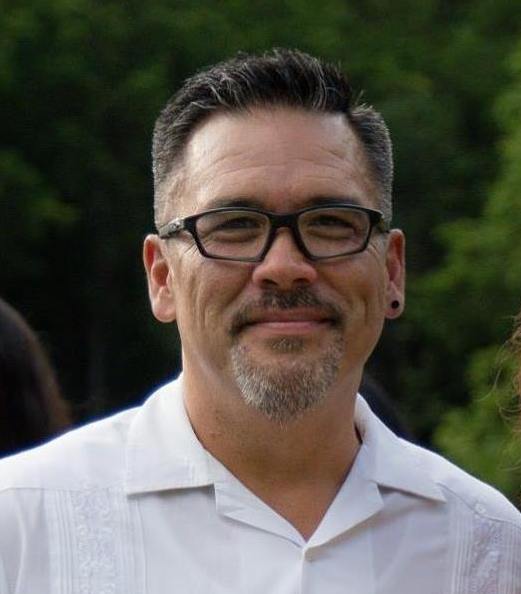By: Dr. Guy Ilagan, Associate Professor of Counselor Education at the Citadel
It has been about 40 days since Ms. West learned that her workplace closed due to the COVID-19 pandemic. Ms. West is an experienced school counselor in a middle school. She is married and has three young children. She is known and respected as a humble, helpful, effective school counselor. She is active in her state organization for school counselors and is beloved by her peers and the graduate students she has mentored along the way. She loves her students and her school and reports that she has an effective relationship with the school principal.
I asked Ms. West to reflect on her experiences since the school closures and specifically about the most difficult aspects. She said her biggest concerns were for her student’s unmet needs, e.g., “availability of food, abuse, neglect, and witnessing domestic violence.” She paused and added, “when we return, we’ll be dealing with their concerns and trauma. Right now I have no control, no real way to help them.” As she spoke these words she paused and added, “and there will be no decrease in workload when we return, and see the results of these concerns.”

Ms. West also cited concerns about the suicide risk assessment (SRA) process. Ms. West and her peers have noticed that when conducting risk assessments via teleconference, caregivers are not always willing to permit the students to have privacy (by leaving the room) for parts of the risk assessment. Thus, they have little control over the assessments, especially where privacy is concerned. Also, some schools require a second counselor or staff member to be present during the SRA, which adds a time consuming logistical layer. Whereas, at the school they can promptly find a second staff member and ask caregivers to step outside for a moment. Also, district administrators currently send messages over weekends and after hours that a student needs a “check-in.” Check-ins are prompted by keywords in search or communication functions of their school-provided tablets.
Ms. West is connected to other school counselors via peer groups. She is in a peer group with peers from across the US. She also connects with local school counselor colleagues throughout the week. Some of her peers found support groups on social media or initiated informal local groups. In her peer group she noticed one school counselor in another state was told not to talk to students or do anything else. Otherwise, Ms. West’s US peers are all working harder now. Some of them are micromanaged. Many are required to call each student who is not completing their academic work.
Office hours for Ms. West are set from 8:00AM to 4:00PM. She emailed each household about office hours and contact information. She was also required to provide social emotional curriculum to students and continue to conduct Individual Graduation Plans (IGPs). Throughout the closure, Ms. West stated other school counselors she had spoken with described their current roles as “vague, having received minimal direction” and an “open-ended hot mess.” Many of her peers feel “pretty lost,” especially with connecting and collaborating with peers.
“If this continues into the Fall semester, I cannot mentally sustain,” she confessed with a laugh. She told me about her usual process of figuring out who will watch the kids when she and her spouse have conference calls at the same time. She knows she is deep into compassion fatigue. Compassion fatigue is a secondary traumatization that affects our mood, health, and regard for our students and work. Providing empathy and understanding to students in crisis can lead to compassion fatigue. “There is just not enough time in the day,” she said. “I’m not on my A game, more like a C game.” Without hesitation she said that due to her workload she has been unable to assist her own children in completing their school work.
When asked what has sustained her in her work thus far, she paused and referred to her support group with peers. She also said “finding breaks from the kids (her own).” In one of our video chats, I noticed a very human and touching moment when one of her children came into view. The child did not want to be apart from her mother at that moment. Finally, she said with a look of accomplishment that working out and eating healthy has helped her keep her mood up. She seemed pleased that she was using the time at home to boost her wellness and restart a few good habits.
Ms. West was relieved to have her real name excluded so that she could feel more freedom to discuss her experiences.
About the Author

Guy teaches graduate students in The Citadel’s Counselor Education Programs. He earned a PHD from Clemson University, Master’s Degree from The Citadel, and Undergraduate Degree from College of Charleston. Guy has been a counselor in a variety of educational and community settings and has published studies on counselor effectiveness, suicide prevention, and the mental health effects of wilderness backpacking on college women. Guy, his wife Jill, and their dog Dottie reside in Charleston, SC and enjoy riding bikes, going to the beach, watching TV, and camping.
